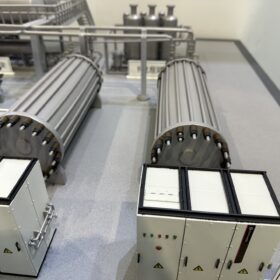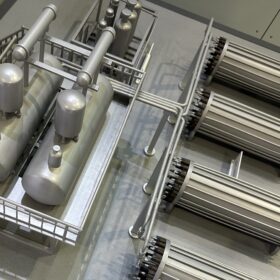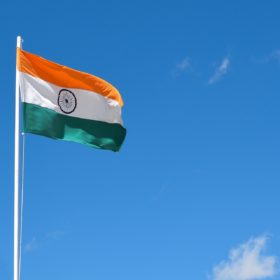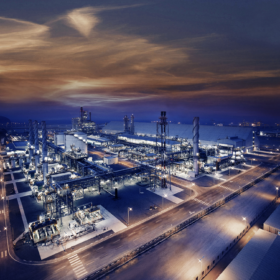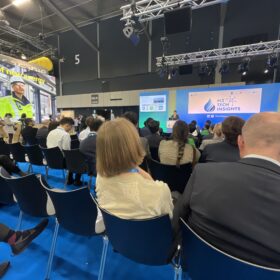Norway has potential to deploy 31 GW of solar in buildings
A research group has examined the potential for PV on building walls and rooftops across Norway. It says that up to 36% of the feasible solar energy, or approximately 31 GW, could be integrated into the national power system to match generation and consumption patterns.
The Hydrogen Stream: Hydrogen power plants feasible but inefficient, says CATF
The Clean Air Task Force (CATF) says in a new report that dedicated clean hydrogen production and use is often a costly, inefficient decarbonization strategy for the power sector, while American Airlines says it has signed a deal with ZeroAvia for 100 hydrogen-electric engines.
NorSun plans $620 million US wafer fab in Oklahoma
The Norwegian PV manufacturer praises the south central US state for “its robust clean energy, manufacturing ecosystem and workforce development programs” as well as its “its competitive business offerings and site acceleration options.”
The Hydrogen Stream: Rolls-Royce unveils hydrogen combustion engine for CHP
Rolls-Royce has started developing a hydrogen combustion engine for combined heat and power (CHP) systems in Germany, while Lhyfe has installed a 1 MW electrolyzer for Deutsche Bahn.
Eco Stor: Online calculator determines energy transition storage requirements
The “Dunkelflaute” is a bogeyman for the energy sector, but a new tool from the German-Norwegian storage provider can now determine exactly which storage capacities and how many reserve power plants are needed in order to be on the safe side even in phases with little PV and wind power.
The Hydrogen Stream: India launches green ammonia auction
As the state-owned SECI launches a reverse auction to purchase 539,000 metric tonnes of green ammonia a year, Yara officially opened its 24 MW renewable hydrogen plant at Herøya, Norway.
The Hydrogen Stream: China may hit 2025 green-hydrogen targets a year early
Rystad Energy says China appears set to smash its national hydrogen targets, solidifying its lead in the global electrolyzer market, while European Union and Japan have agreed to cooperate on hydrogen research.
The Hydrogen Stream: Japanese scientists develop proton-conducting perovskites for fuel cells
Scientists from the Tokyo Institute of Technology (Tokyo Tech) and High Energy Accelerator Research Organization (KEK) have developed a highly oxygen-deficient perovskite for protonic ceramic fuel cells (PCFCs), while the European Commission has approved its fourth Important Project of Common European Interest (IPCEI).
The Hydrogen Stream: Adnoc delivers low-carbon ammonia to Japan
Adnoc has delivered the world’s first certified bulk commercial shipment of low-carbon ammonia to a client in Japan, while Plug Power has agreed to supply a 3 GW electrolyzer in Australia.
Key takeaways from World Hydrogen 2024 in Rotterdam
Development of green hydrogen production in Europe is moving forward in fits and starts, but the ongoing World Hydrogen 2024 event in Rotterdam calls for blue hydrogen adoption, which suggests that the oil and gas industry aims to maintain control of the hydrogen market.

